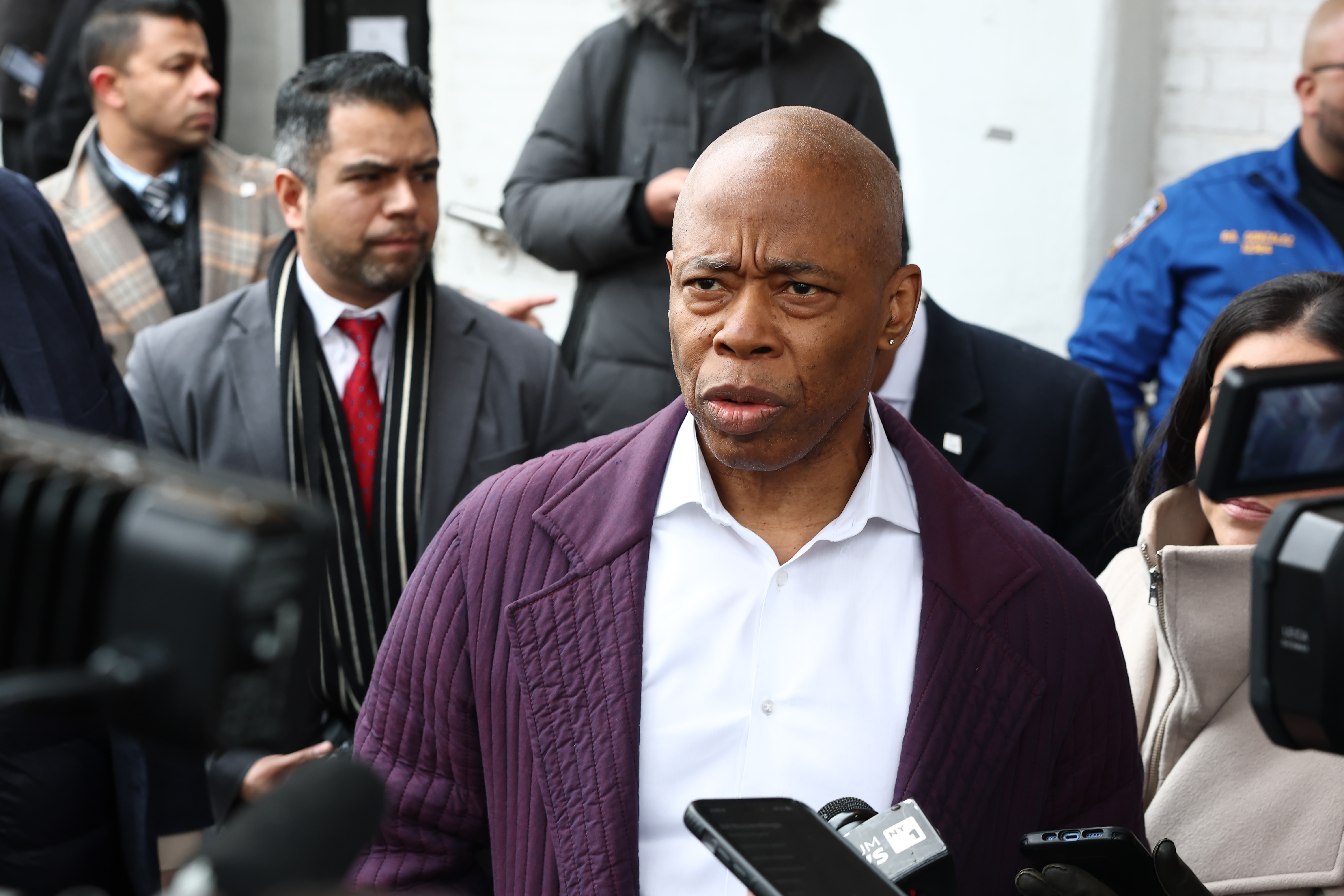With changing Medicaid laws for transgender healthcare, one New York City hospital works to attract doctors who specialize in transitional surgery. Gus Rosendale has the story.
Early last month New York State health officials partially lifted a 17-year-old ban on transgender health care from Medicaid, affording people seeking surgeries transitioning from one gender to another coverage for the procedures.
But a key element to transgender health care is still unavailable because there are no surgeons in New York City who specialize in gender reassignment surgery. People who want to have bottom surgery, changing their body below the belt, and top surgery, which changes the body above the belt, need to go out of state for their operations, making the process more complicated, expensive and harrowing.
The regulation, which took effect March 11, has left Mount Sinai Beth Israel hospital, which hopes to be the first in New York to provide transitional surgeries, scrambling to meet the new demand.
“The day that announcement was made, when they lifted the Medicaid ban, I got a million calls from people like, ‘I’m ready for the surgery’,” said Dr. Barbara Warren, director for LGBT Health Services at Mount Sinai Beth Israel. “I had to break the news to them that we don’t have a surgeon yet.”
New York is one of nine states that provide transitional health care coverage for people with private insurance. Hormone therapy, and certain surgeries sought out by a man transitioning to a woman, or a woman to a man, is only covered by Medicaid in seven states. Since the new regulation, New York joins Massachusetts, Oregon, California, Vermont, Washington D.C. and Minnesota for Medicaid coverage.
A “top surgery,” like breast implants or a mastectomy, can cost up to $10,000. Bottom surgeries are estimated to cost close to $40,000. Other operations, such as a tracheotomy shave, or “Adam’s Apple” surgery, electrolysis and facial feminization procedures cost thousands. These costs skyrocket for New Yorkers, who must pay for lodging, travel and post-operative care since their doctors are out of state. This is especially the case if a person is not able to have friends or family travel with them.
Samuel Nathanson, 23, started transitioning from a woman to a man when he was 19. He began with hormone therapy to increase his testosterone levels, and hopes to undergo top surgery soon.
Local
Since the new regulation, transitional health care coverage in New York is still a grey area. And according to Nathanson, navigating the murky waters of insurance companies has proven difficult.
“I know [officials] issued a statement that insurances have to cover X, Y and Z but I haven’t really seen easy access to that,” says Nathanson, who said he is searching for a surgeon to perform his top surgery. Until then, Nathanson said he is simply saving his own money, which he sees as the only way to go about his procedures right now.
For Nathanson, the most important element to maintaining a life in New York is seeing doctors who he feels comfortable with. Doctors who respect the pronoun “he” and understand the health history that comes along with transitioning to a man.
Nathanson gets his health care at the Callen-Lorde Community Health Center in Chelsea, a clinic that provides health care services for the lesbian, gay, bisexual and transgender community.
"My friends and I don’t really stray from those clinics," Nathanson said. "We go to those doctors who we know will respect us and we get the care we need.”
But despite providing a high level of care, clinics such as Callen-Lorde do not do surgeries.
“It’s New York City and it's 2015, so it’s about time mainstream medicine upped their game,” said Warren.
At Mount Sinai Beth Israel, it will be a process to recruit and train surgeons before the hospital can take on patients in order guide someone through a full transition. Gender reassignment surgery is a complicated multi-stage process requiring surgeons that specialize in transitional surgeries.
For example, a person looking to remove their breasts could go to a surgeon who performs double mastectomies, but the surgeon would need to be specialized enough to reconstruct the patient’s chest in a male form.
The doctors learning these procedures need not only to educate themselves but build a network of physicians who can specialize in each individual surgical technique in the transitioning process, said Dr. Zoe Rodriguez, Director of OBGYN at Mount Sinai Beth Israel hospital.
“I don’t want to be the only one," Rodriguez said. "I want to make it so it’s mainstream, so any transgender patient can come in and talk to any of my partners and receive the same level of care.”
For the New York transgender community, it’s access to this type of integrated health care that will essentially allow them to be who they are.
“I don’t like to think of myself as a transgender person,” said Nathanson. “I just like to think of myself as a regular guy.”



